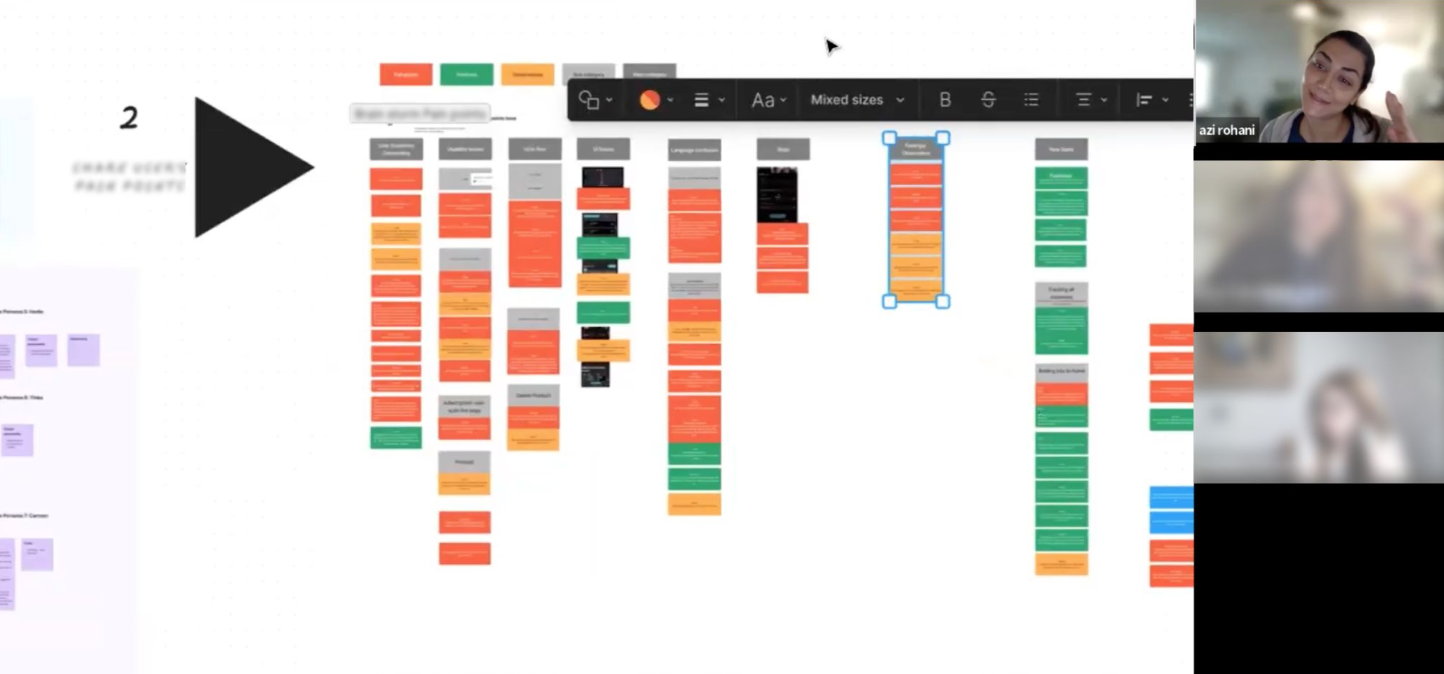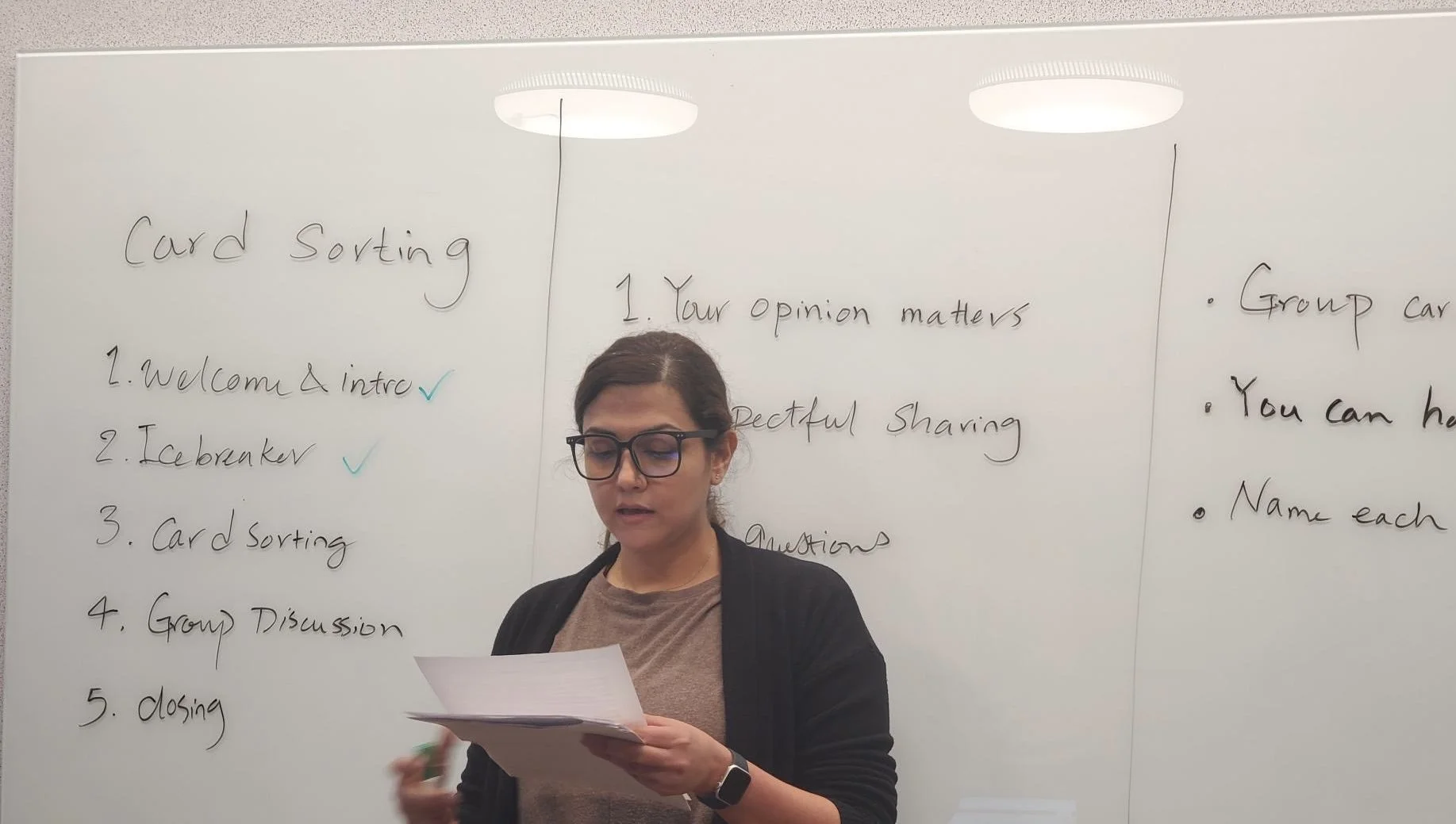🔧Workshop Mastery
A workshop is a structured and collaborative session where participants work together to achieve a specific goal, solve a problem, or generate ideas. It involves activities and exercises designed to promote creativity, engagement, and effective communication.
Tapping into the potential of a workshop relies on effective facilitation. To ensure success:
🎯 Define clear objectives up-front
📋 Organize information beforehand
🌐 Provide context for better understanding
📅 Prepare a structured agenda and guidance
🎉 Infuse elements of fun and engagement
🚀 Spark excitement and enthusiasm.
Types of UX Workshops
UX workshops are diverse in purpose and structure, tailored to address different stages of the design process and specific project needs. Here are some common types:
Discovery Workshops: Aim to understand the problem space, gather requirements, and align on project goals through stakeholder interviews, user journey mapping, empathy mapping, and context mapping.
Ideation Workshops: Focus on generating a wide range of ideas and potential solutions with activities like brainstorming sessions, Crazy 8s, sketching, and mind mapping.
Design Workshops: Create initial design concepts and prototypes using sketching, wireframing, rapid prototyping, and design critiques.
Co-Design Workshops: Collaboratively design solutions with users and stakeholders by developing user personas, scenarios, storyboarding, and paper prototyping.
Validation Workshops: Validate design concepts with users and gather feedback through usability testing, A/B testing, feedback sessions, and card sorting.
Strategy Workshops: Define the product strategy and roadmap with SWOT analysis, business model canvas, roadmapping, and prioritization.
Service Design Workshops: Design or improve services by considering all touchpoints and user interactions using service blueprinting, customer journey mapping, and ecosystem mapping.
Innovation Workshops: Encourage creativity and explore innovative solutions through design thinking exercises, future visioning, scenario planning, and idea incubation.


